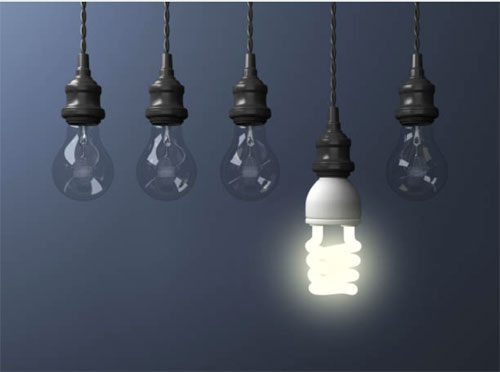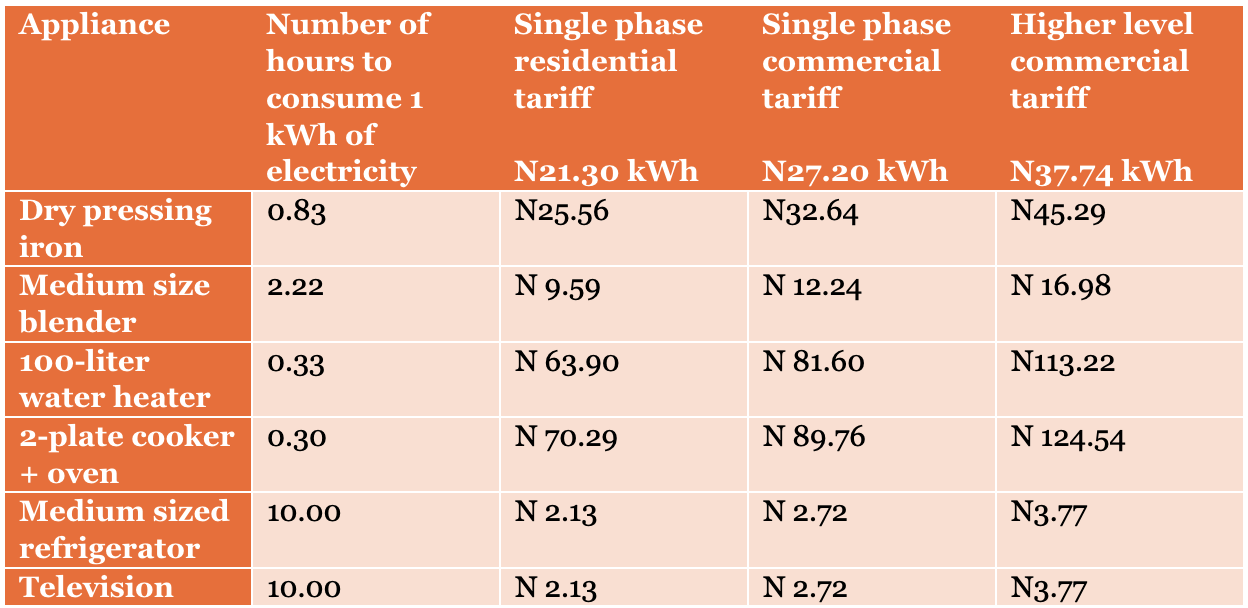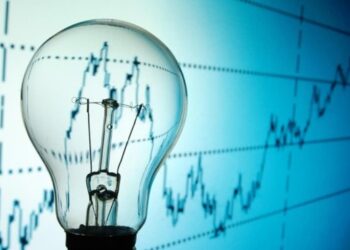Energy efficiency (EE) entails the use of less energy to perform the same task or produce the same result. EE has long been a topic of discussion around the world. However, it is not yet a popular concept in Nigeria. So, how possible is it to stay energy efficient in Nigeria?
For Diwa’a Jirai, a staff member at the sustainability community SustyVibes, it is a question of awareness before anything else. Speaking to Nairametrics, Diwa’a said:
“The real question should be, how many people even know what energy efficiency is? Maybe the name will give them an idea. I believe we will stay energy efficient as it reduces the amount of energy required to provide the same service and products. So, I will say one can stay energy efficient if there are better ways and easy access to get substitutes for these things.”
For Moses Nasamu, the executive director of an energy conservation non-profit, Energy Savers Nigeria, Nigerians can be energy efficient with peculiarities in mind. He said:
“The current circumstances differ from those of other modern nations; Nigeria is experiencing electricity shortages, with over 46% of the population not connected to the grid. Those who are fortunate enough to be connected only have 45% power supply availability at the consumer terminals. As a result, we notice cultural and behavioural barriers to energy efficiency adoption.”
Data on energy consumption in Nigeria
Depending on the product brand, this data from Ikeja Electric shows how the following specifications of some household appliances consume power on different tariff plans:
To put the data above into perspective, 1 horsepower air conditioner will consume approximately 0.745kw per hour. So, if a consumer leaves an air conditioner running for 12 hours, the value would be 12 multiplied by 0.745, which is 8.94 per day and 268.2 for 30 days.
- Multiply that by N50 and the result is N13,400. That’s how much the consumer would pay for using one air conditioner in a month.
Managing appliances that consume power
Energy efficiency experts believe that the most important thing for power consumers to take note of when trying to save energy is understanding what vampire appliances are.
- These appliances use up to 50% power even when they are on standby. Some of these vampire appliances are microwaves, chargers, television sets, decoders, and music systems as well as inverters.
- Inverters can consume a lot of power when the batteries are charged on the grid. Savings recorded from inverter usage can be lost when the batteries are charged on-grid.
- One of the fastest ways to degrade a battery is by choosing a charger that either overcharges or undercharges the battery. Users can manage inverter charging by investing in smart battery chargers.
The only way to manage the power these devices consume daily is to switch them off completely, when not in use. Leaving them on standby still consumes power. So, we are advised to only switch them on when we want to use them.
- Moses Nasamu told Nairametrics that Nigerians need to know the amount of energy they are using and which of their appliances are using that energy. Vampire appliances can be monitored by taking an electricity meter reading at the same time daily or at intervals of 12 hours.
Appliances that do not consume too much power
Some appliances are more energy-efficient than others. Some of these energy-saving appliances include compact fluorescent lights (CFL) and light emitting diode (LED) bulbs, single-door refrigerators, eco-friendly phone chargers (they turn themselves off when a device is fully charged), and smart home energy monitor.
- However, according to the earlier data provided, many of the devices commonly used in Nigerian households are energy intensive. S, there is a need to reduce energy use by reducing energy costs.
- Nasamu says: “In a country like Nigeria, the most effective way to maintain household energy efficiency is to approach it from a cost-saving standpoint. So, the question is, how can I minimize my average energy expenditure? To significantly lower average energy costs, users must first understand their consumption patterns.”
Managing energy costs
NERC believes that smart metering saves energy costs better than diesel and solar-powered energy. This is because metered consumers do not need to pay for meters under the national mass metering program (NMMP), and they only pay for power consumed under the service-based tariff plans. They can also monitor their energy usage from their meters.
- On the other hand, diesel-powered energy is not only polluting through CO2 emissions but as of October 2022 diesel costs as much as N800 per litre. To power industrial activities for a week, up to N40,000 worth of diesel and above will be purchased.
- Although solar-powered energy is clean energy, there is a limit to the efficiency of solar when it comes to powering some appliances, except there is an elaborate solar panel set up with strong batteries that could cost too much for the average Nigerian.
- A power consumer, Tunbosun Lawal, told Nairametrics that he spent up to N3 million to set up his home solar-powered system plus batteries that can power all devices, including air conditioners and multiple sound systems. That is not an affordable rate for a lot of Nigerians.
Nairametrics had earlier written about some challenges facing Nigerians who install solar power systems in their households.
- According to Nairametrics research, a typical 10kVa solar-powered solution could cost between N3million to N5million to purchase and install. This depends on the components of the solution such as the wattage of the solar panels, the number of batteries and type of battery, the inverters, and converters.
- If you want to calculate how much energy you are using daily, the Ikeja electricity distribution company (DisCo) has a calculator sheet for such purposes.
How to stay energy efficient as a Nigerian
According to Diwa’a, some energy efficiency practices that could easily be adopted in Nigeria range from turning off kitchen appliances when not in use, to recycling trash to electricity.
- Diwa’a says: “We have seen a poultry farm in the Kuje area council of Abuja, where they use chicken waste to generate electricity for their community. Recycled waste can be turned into things that can still be used for other purposes, like plastics being used as interlocking tiles, to build houses, etc. According to a 2021 survey by Bio consult, Nigeria generates more than 32 million tons of waste annually yet only about 20 to 30% is collected.
- Nasamu says that it is beneficial to nominate a staff or family member to be an energy efficiency champion at home or in the office space. This person’s tasks will include recording periodic readings from the energy meter, setting energy monitoring targets, overseeing energy efficiency interventions and communicating with the rest of the staff at the office or family members at home.
An energy analyst, Oghosa Erhahon, told Nairametrics that in practice, she stays energy efficient by turning on her bathroom electric heater for about half an hour, so it can serve her for approximately 36 hours as opposed to using the heater every single day.
- Another thing she does is regulate her refrigerator using the thermostat. Air conditioners also have thermostats for regulating use. According to her, people need to pay enough attention to regulating their refrigerators and air conditioners, so they can reduce the amount of power they consume.
- Oghosa told Nairametrics that it is possible to practice energy efficiency in Nigeria if people will pay attention to their energy use habits.
- She advocates using low-voltage bulbs at home, reducing the amount of water used in the kitchen, especially for dishwashing, and shutting all windows if the air conditioner is on, to prevent massive energy loss. She also says that Nigerians can choose to walk short safe distances, as opposed to driving or using taxis or buses to cover short distances, to reduce emissions.
What you should know
- Nairametrics earlier reported that the International Renewable Energy Agency (IRENA) said that energy efficiency is one area that will contribute to energy sector jobs by 2050.
- Nairametrics had also earlier reported that energy efficiency has become the key driver of sustainable development in many countries today.
























